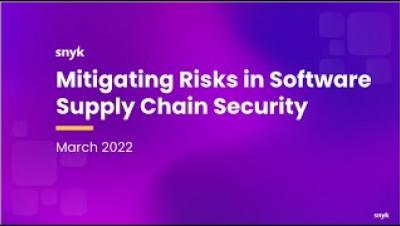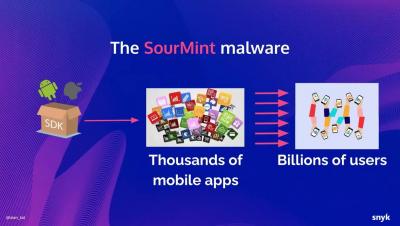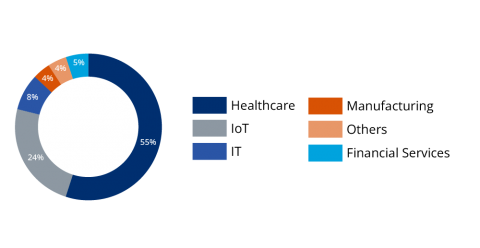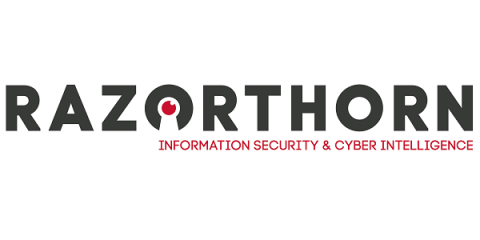Security | Threat Detection | Cyberattacks | DevSecOps | Compliance
Supply Chain
Top 4 Categories of Supply Chain Management Tools in 2022
The rise in supply chain attacks has highlighted a significant issue in supply chain risk management (SCRM) - most organizations are unaware of the potential risks in their supply chain. This limitation is caused by a discontinuity between cybersecurity initiatives and the threat landscape of global supply chains. Supply chain ecosystems are unpredictable, dynamic, and always evolving.
Mitigating Risks in Software Supply Chain
Are We Forever Doomed By Software Supply Chain Risks?
New Supply Chain Vulnerabilities Impact Medical and IoT Devices
Forescout’s Vedere Labs, in partnership with CyberMDX, have discovered a set of seven new vulnerabilities affecting PTC’s Axeda agent, which we are collectively calling Access:7. Three of the vulnerabilities were rated critical by CISA, as they could enable hackers to remotely execute malicious code and take full control of devices, access sensitive data or alter configurations in impacted devices.
Securing the Digital Supply Chain Ep 8 - Terence Jackson CISO, SLG, Microsoft
The Dangers of Open Source and Software Supply Chain Attacks
Supply chain attacks tripled in 2021, meaning a secure software development lifecycle is more important than ever. Do you know what open source software (OSS) components are in use within your organisation? Or how to find out?
A Guide To Implementing Software Supply Chain Risk Management
Software supply chain risks are escalating. Between 2020 and 2021, bad actors launched nearly 7,000 software supply chain attacks, representing an increase of more than 600%. Without identifying and managing security risks within the supply chain, you could be exposing your critical assets to attacks. Implementing a supply chain risk management strategy is essential to staying ahead of the potential threats and making the most of your software.
Software supply chain risks to keep an eye on in 2022
As a supply chain security vendor, the growth is far from surprising for us at Bytesafe - with the supply chain being a noticeable security blind spot for many organizations. A massive 62% of organizations claim to have been impacted by supply chain attacks in 2021 alone. Incidents like log4j, ua-parser-js and colors.js/faker.js have once again shown that it’s vital to use services like the Bytesafe Dependency Firewall.
Breaking the Chain: Are You the Unintended Victim of a Supply Chain Attack?
We’ve heard a lot about “supply chains” of various industries over the past couple of years, and the cybersecurity sector is no exception. When Colonial Pipeline was compromised by ransomware, it affected the physical supply of gasoline to consumers. On the software side, malware distributed through a SolarWinds update and vulnerabilities discovered in Apache’s Log4J created rippling effects for organizations around the world.











